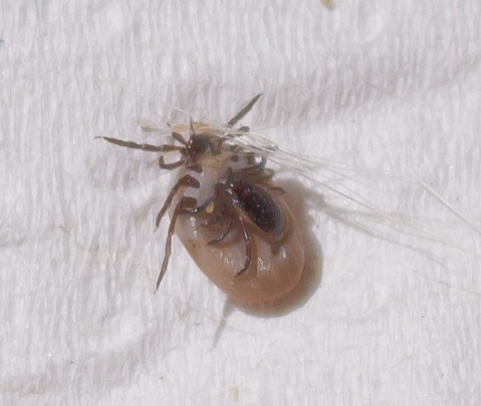In recent news, researchers from the University of Queensland in Australia have uncovered a new way that ticks can make us sick. It turns out that the parasites, in addition to spreading common illnesses like Lyme disease, can also indirectly spread diseases by carrying specific, disease-causing bacteria. This new discovery has grave implications for those who are often exposed to ticks, including those in rural and recreational areas.
This finding came about during a study into tick-borne pathogens. The research team focused on the genomes of ticks known to cause diseases—including the bacteria borellia burgdorferi, which is responsible for Lyme disease. By studying the genomes, they found that ticks can also carry additional bacteria related to existing pathogens that can be triggered by other species of ticks, leading to diseases.
One example of a disease that can be spread this way is Borrelia miyamotoi, which is related to Lyme disease but more likely to cause neurological problems. The University of Queensland team believe that the ticks are capable of indirectly spreading diseases without the need for a bite, by passing on bacteria from one species to another through their saliva.
This means that anyone who is exposed to ticks—which could include farmers, hikers, campers and those who work outdoors—could be at risk for an array of illnesses. To reduce the spread of disease, it is important that those who spend time outdoors take the necessary precautions to protect themselves, such as by wearing long sleeves and trousers, using insect repellents, and regularly checking for ticks on their bodies.
These findings should compel researchers to further investigate how exactly ticks spread disease, and what can be done to lessen their potential impacts. In the meantime, people should be more mindful of ticks and the potential illnesses they could be carrying, and take the necessary steps to protect themselves.
Hey Subscribe to our newsletter for more articles like this directly to your email.
